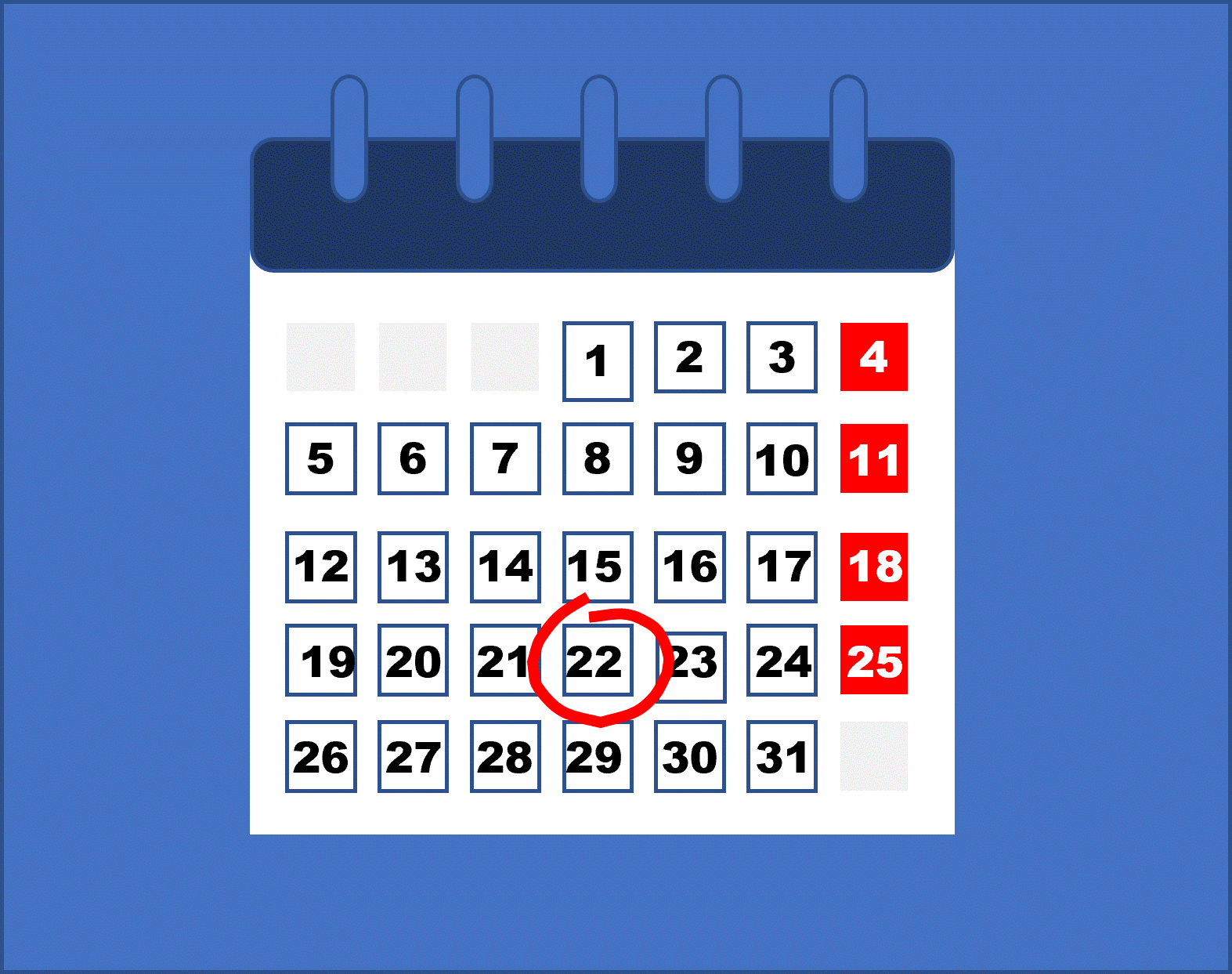
You reached Flavio's blog
on Business Exploration.
I am always happy to talk
with interesting people.
The last day of 2022 brought to me a puzzle, in the form of a video about Selling, made by Brain G Burns.
In the video Brian was making the point that it's not worth to look for the buyers who are in the market:
those that know, and are actively looking to solve a problem.
These buyers are just 1% of the total, and they are already prey of the competition,
or actively searching for a solution on Google,
a place where, if you do not have a strong brand, strong solution, and strong pockets
you are doomed to fail.
Better to go after those buyers who has a "latent" problem:
A problem they do not know to have, and that you can solve.
Just start a conversation, create curiosity, build interest, create the need, activate the urgency
and they will be happy to buy.
Uhmmm.
Last night this sequence did not convince me...
Brian is proposing to go to someone that does not know you, to talk about a topic that is not in their priority list, for which they have not planned any budget.
You must be a wizard.
You must have damn good engaging skills ( no: being an engineer does not qualify. dot. ) a damn good solution, one that is so easy, convenient and cheap, that the prospect does not want to look around for anything else, and will promptly switch all his/her attention on the problem, that untill few seconds ago was not-existent.
Ok: it may work for Brian. But I am definitivelly one level down to the challenge (or more).
So, given the fact I cannot pursue those 99%, why the remaining 1% should buy from me?
Better: why they buy - at all?
I went on Google and got a rifle of non-convincing answers:
People buy becasue: they want pride, protection, easiness, fun, de-risk, aspire, belong...
I found dozens of these "buying reasons", but none solves my real problem:
I need to understand when they buy, not (only) why they buy.
I need to understand why they are in the market, not (only) why they decide to buy.
And Buyers are in the market because they have a job they
I do not need to understand the reason that moves them in the market. That comes later, when I have to convince them that I have the solution.
I need first to intercept them. So let see when people buy:

This means that:
Let's make an example:
if the buyer wants to prepare a cake, he needs flour. He needs to plan to purchase it. it's a must ( unless you want to wait your next harvest )
A buyer is forced to buy by a stimulus: an external stimulus like a new norm or regulation entering into effect, or a self stimulus like being hungry.
Finally a buyer my be urged to buy to restore a normal condition: when something has broken and he needs to fix things or at least gain time.
To uncover these must-do jobs, a seller can ask questions like these:
People can be loomed into buying new stuff they do not need.
They constantly compare with other people and are eager to imitate them,
In this case Brian's sales strategy can probably work,
as long as the sales person can be seen as a source of information,
and you are capable to blast customer assumptions around their status quo
bringing them the solution to play the new game
their most advanced peers have already adopted.
To uncover these should-do jobs, a seller can think questions like these:
Buyers can also buy on an impulse or a deliberate desire to make things differently (aka: "innovate").
Impulse buying is more in the realm of B2C, and there are tons of old marketing tricks to influence this action.
In B2B, to innovate it's a deliberate decision.
Influencing it, it's possible only with the righ kind of Decision Makers.
To uncover these could-do jobs, a seller can think questions like these:
My suspect is that Brian's lessons are about the last to type of Job-to-be-done,
and apply mainly to companies selling highly innovative products.
For the rest of us, perhaps is better to keep an eye on our prospects
planned budget.
Hope this helps,
Flavio
